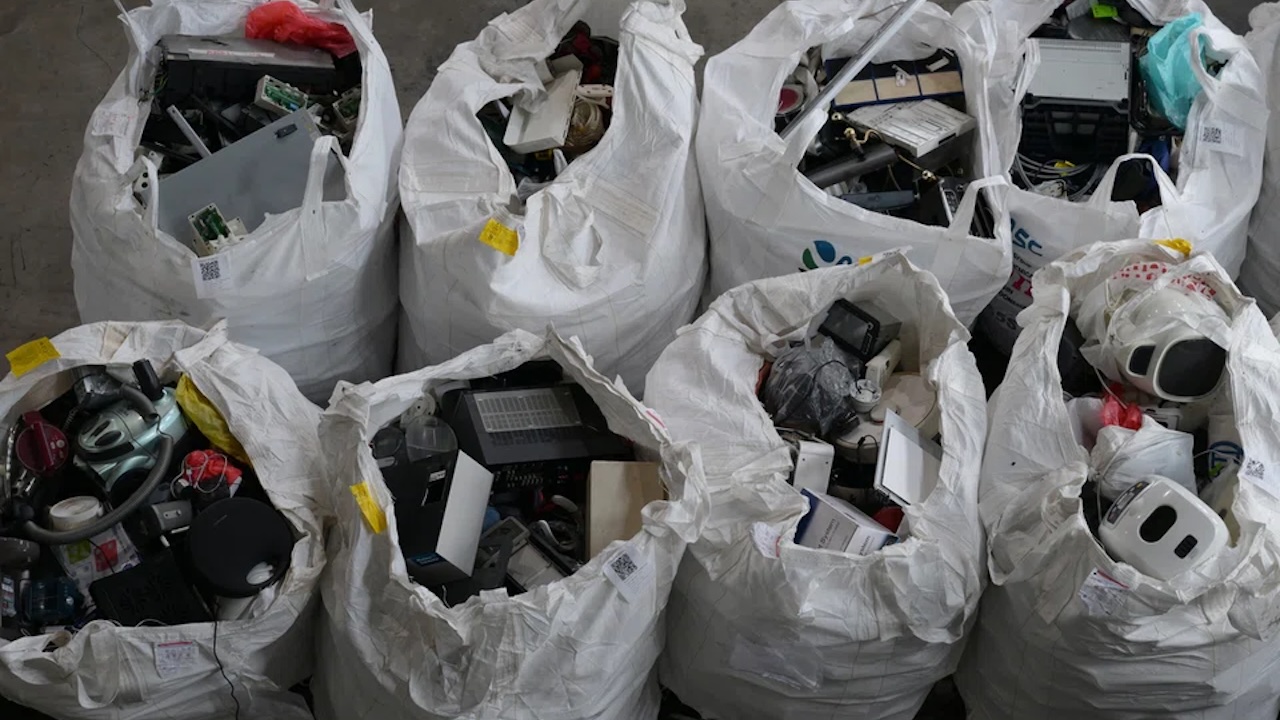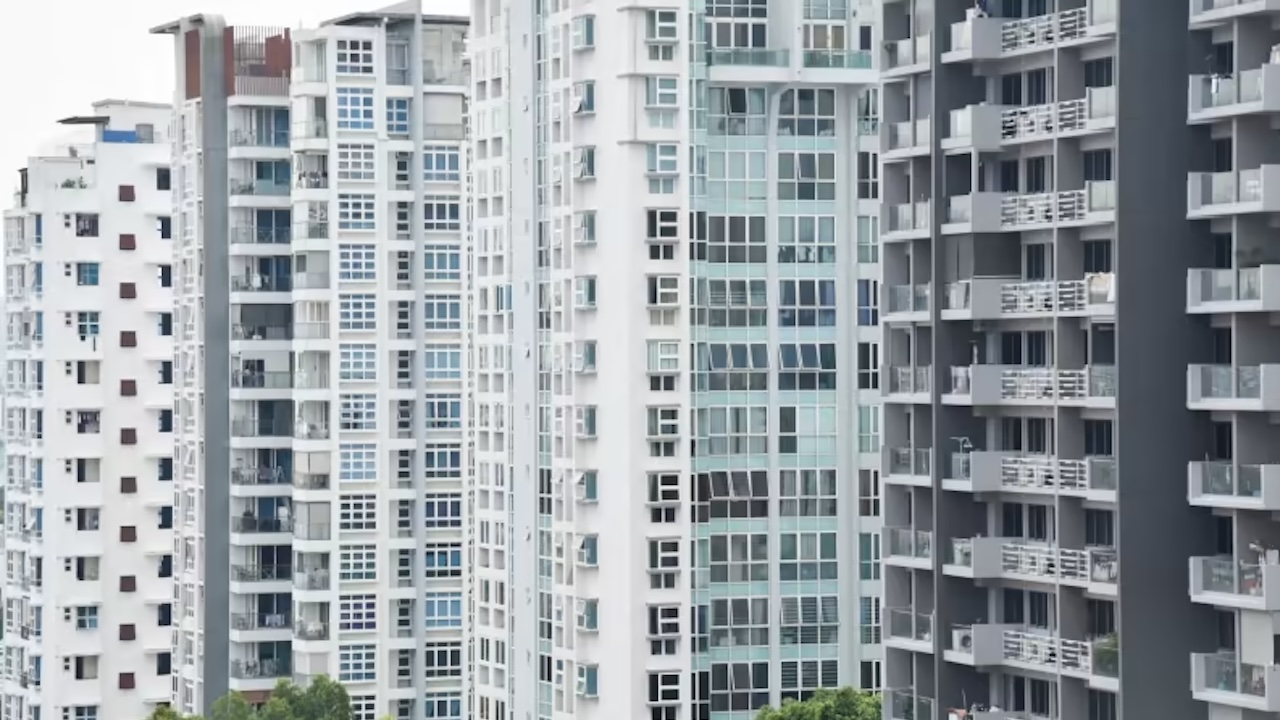Thailand and Cambodia ended weeks of fierce border clashes on Saturday 27th December 2025 with a second ceasefire in recent months in the worst fighting in years between the Southeast Asian nations. The ceasefire was holding about two hours after it went into effect. So far there has been no report of gunfire. Cambodia did not report any clashes after a Thai airstrike before the ceasefire announcement.
The agreement ended 20 days of fighting that killed at least 101 people and displaced more than half a million on both sides and included fighter-jet sorties, exchanges of rocket fire, and artillery barrages. The clashes were reignited early this month after a breakdown in a ceasefire that United States President Donald Trump and Malaysian Prime Minister Anwar Ibrahim had helped broker to halt a previous round of fighting. Both sides agree to maintain current troop deployments without further movement.
Any reinforcement would heighten tensions and negatively affect long-term efforts to resolve the situation.
For more than a century, Thailand and Cambodia have contested sovereignty at various undemarcated points along their 817km land border – a dispute that has occasionally exploded into skirmishes and fighting. The new ceasefire will be monitored by an observer team from the Association of Southeast Asian Nations bloc as well as direct coordination between both countries. At the same time, at the policy level, there will be direct communication between the minister of defence and chief of the armed forces of both sides.
Tensions between the two neighbours came to a head in July, when they clashed for five days along some parts of the frontier, leaving at least 48 people dead and 300,000 displaced before Trump intervened to bring about a truce. That ceasefire broke down in early December with each side accusing the other of moves that led to clashes. Anwar and Trump had been unable to stitch together another ceasefire, as fighting spread from forested regions near Laos to the coastal provinces on the Gulf of Thailand.
The renewed ceasefire came after a special meeting on Monday of ASEAN foreign ministers in Kuala Lumpur, followed by three days of talks between the warring sides at a border checkpoint, where the two defence ministers met on Saturday. They agreed on the return of people displaced from affected border areas, while underlining that neither side would use any force against civilians.
Thailand will also return 18 Cambodian soldiers in its custody since the July clashes if the ceasefire is fully maintained for 72 hours.
Saturday’s pact, however, will not impact any border demarcation activities under way between both countries, leaving the task of resolving disputed areas along the frontier to existing bilateral mechanisms.


